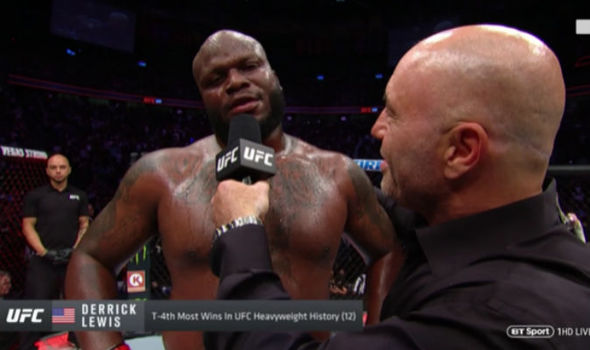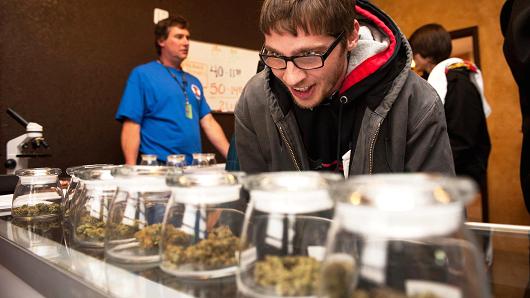Jeff Sessions is not actually the biggest threat to the industry.
In his campaign rhetoric, Donald Trump said flat out that marijuana should be a state by state issue. Then he hired Attorney General Jeff Sessions, who abhors the plant, likening it as only “slightly less awful than heroin.” Sessions has gone against measures to continue limiting the federal government’s ability to interfere in compliant medical marijuana operations and has repeatedly said that the federal government has every right to interfere, regardless of state laws. This has naturally led to a level of anxiety for cannabis activists and anyone else who utilizes the herb. However, Sessions may not be the main problem.
With 29 states having medicinal laws and and nine having gone the full legalization route (with limits, state by state), plus another baker’s dozen having decriminalized the plant, one would think the community would be breathing easy. Yet cannabis remains a Schedule I drug and federally illegal.
Encouragingly, law enforcement doesn’t actually have the people power to crack down on all legal states or interfere in small scale operations. They focus on interstate trafficking and the sale of marijuana to minors, but not on Mr. and Mrs. Doe, who have their four state legalized plants and keep them discrete. Still, pot remains federally illegal. We cannot reiterate this important fact enough.
It doesn’t just mean that theoretically Sessions could come down hard and try and wipe out the programs we’ve put in place, it means that practical matters can’t be addressed and then become dangerous. Perhaps the best example of this is in the world of banking. Because of the federally illegal aspect, banks can’t and won’t work with cannabis businesses, which pulled in over six billion in revenue in 2016. That’s a lot of cash floating around and a lot of trouble that can bubble to the top. Not the least of which is personal safety and potential robberies.
A hanger on from the Obama era of presidency is the infamous Cole Memo, which basically tells Feds to cool their heels regarding state approved medical marijuana facilities and persons and to focus on those bigger issues like smuggling and sales to minors. However, even with the Cole Memo, federal law has the trump card and federal law says cannabis has no medical use and is classified as dangerous a drug as heroin.
In a spark of hope, Congress enacted appropriation riders to keep the DEA from spending its funding on cracking down on medical states. Sessions’ opinions be damned, one such rider was passed in the most recent spending bill that is valid through September 30th.
It seems the only two options that are safe for the cannabis community are federal legalization or the actual letting alone of state’s rights. Though federal legalization is ideal, leaving the laws up to states has many benefits, one of which is the weighing of what works. Each legal and medical state has their own sets of regulations and so far, though they’re all for the most part functioning, there are some sets of guidelines that are working better than others. Some that bring in more taxes and state revenue and some that are simply keeping communities and patients safer.
credit:420intel.com













